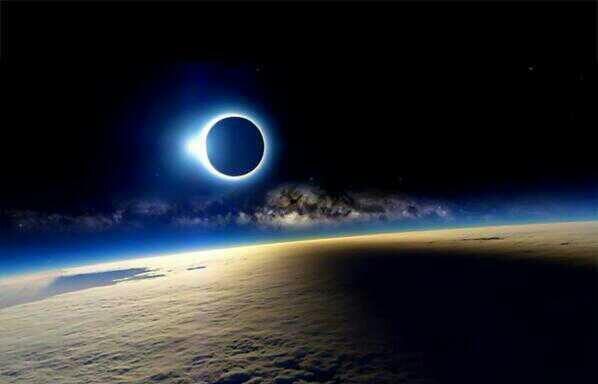
Yesterday I wrote about the gas dwarf companion of the forest planet on which the Ancient Lands are located. Today I am adding to that with the calendar that people of the region use to track time based on those astronomical observations. Since the gas dwarf is such a huge presence in sky and months are relatively short, the sun has relatively little symbolic significance in the setting so far, and the main use of the calendar is to track the phases of the moon, I am going with a lunar calendar instead of a solar calendar. Lunar calendars are a bit more complicated to use for long term record keeping than solar calendars, but as this is pretty much not a factor for the Ancient Lands, a lunar calendar is much more convenient.
- A month has 16 days and begins on the first sunset after the new moon.
- Nights of the full moon always fall on the night after the 8th day of the month.
- A solar year has 381 days from one winter solstice to the next winter solstice.
- A calendar year has 384 days, and each new year begins on the first sunset after the first new moon since the winter solstice.
- Because the solar year is three days shorter than the calendar year, every 16th calendar year has only 23 months and ends on the day of the winter solstice.
- In reality there would have to be occasional leap days as orbits are never perfectly synchronized in nature, but since for the purposes of an RPG time is measured in month and not in centuries, these are simply ignored for convenience.
In addition, solar eclipses are fairly regular things.
- Solar eclipses only happen during new moons, so they always fall on the last day of the month (the 16th).
- Because of axial tilt, eclipses only happen during spring and fall, never in summer or winter. This means the 4th to 7th and the 16th to 19th month.
- This means the possible dates for a solar eclipse are 16.04., 16.05., 16.06., 16.07., and 16.16., 16.17., 16.18., 16.19. There is a 50% chance that it happens during daytime for any place in the world.
- Since the apparent diameter of the gas dwarf is 8 times greater than that of the sun, eclipses will almost always be total. They last between 10 and 30 minutes (1d3 turns).
